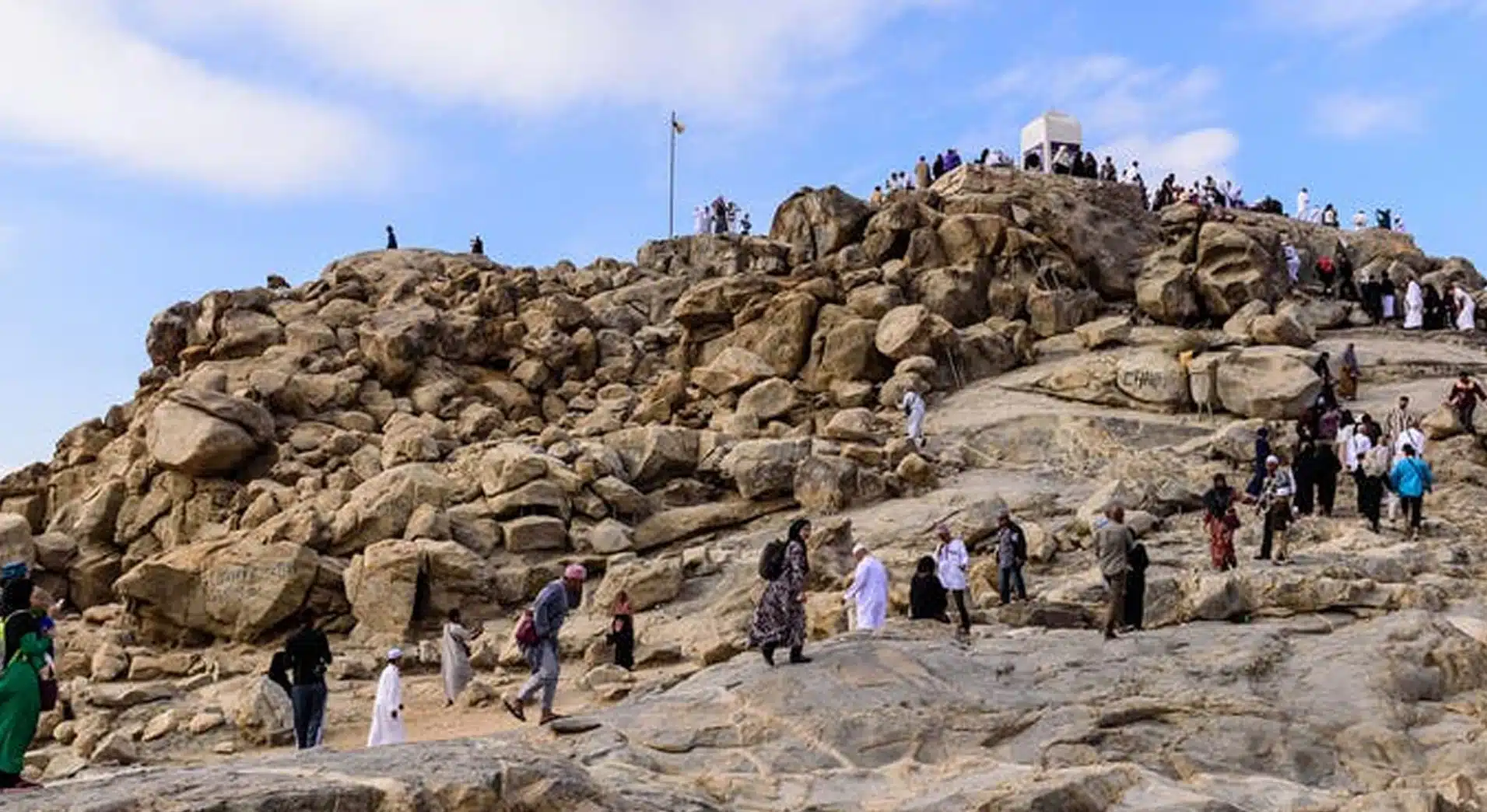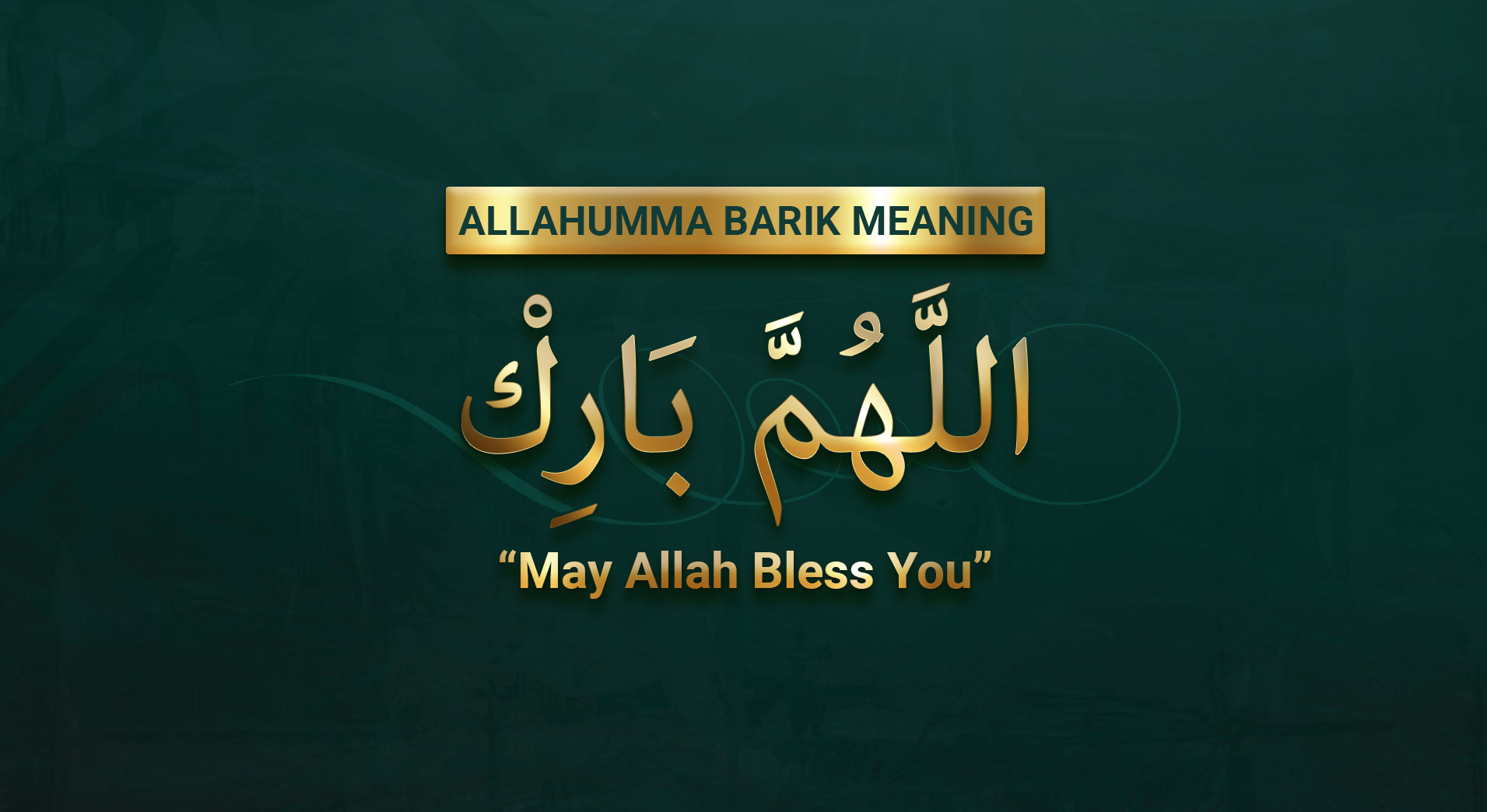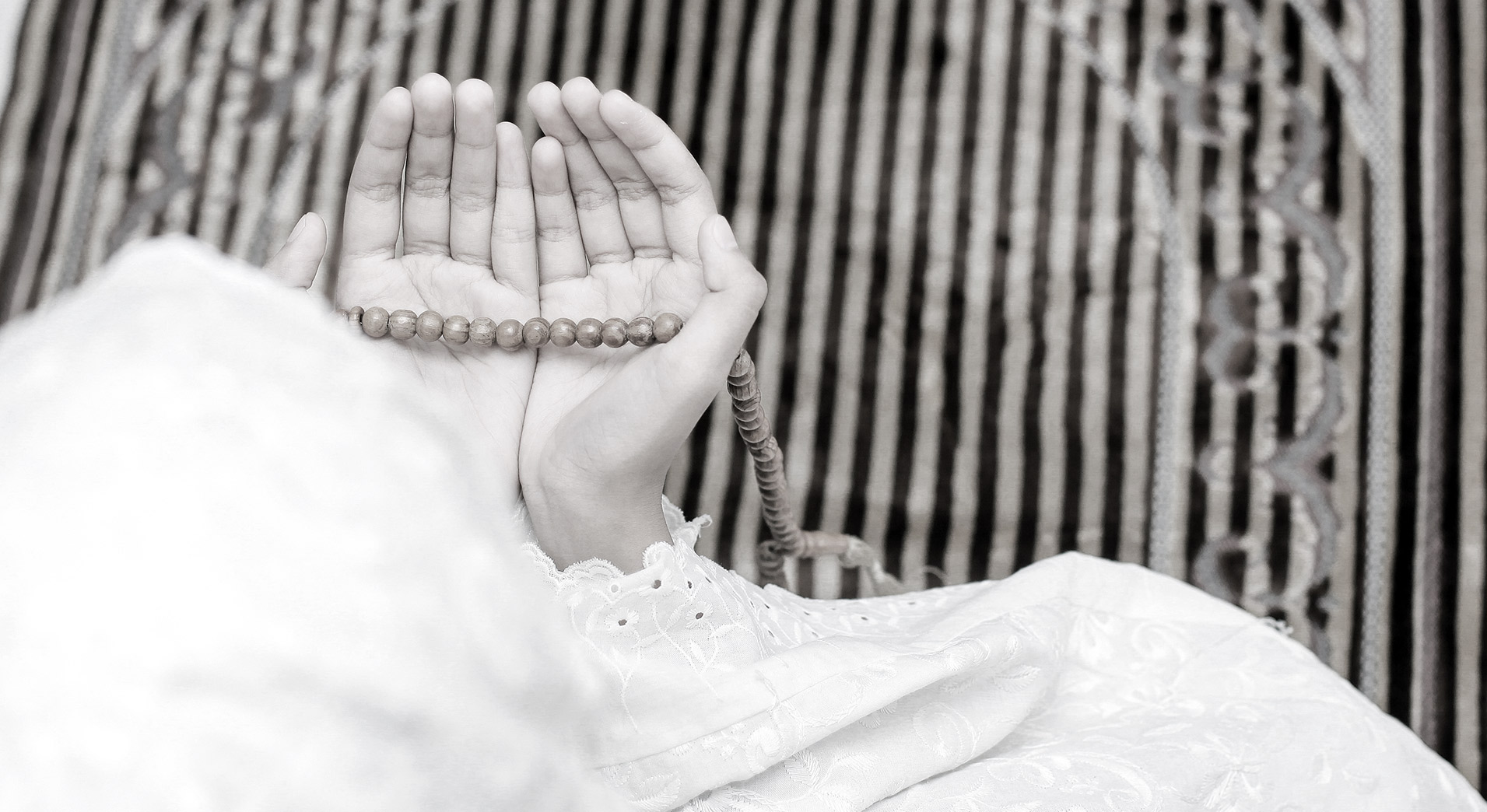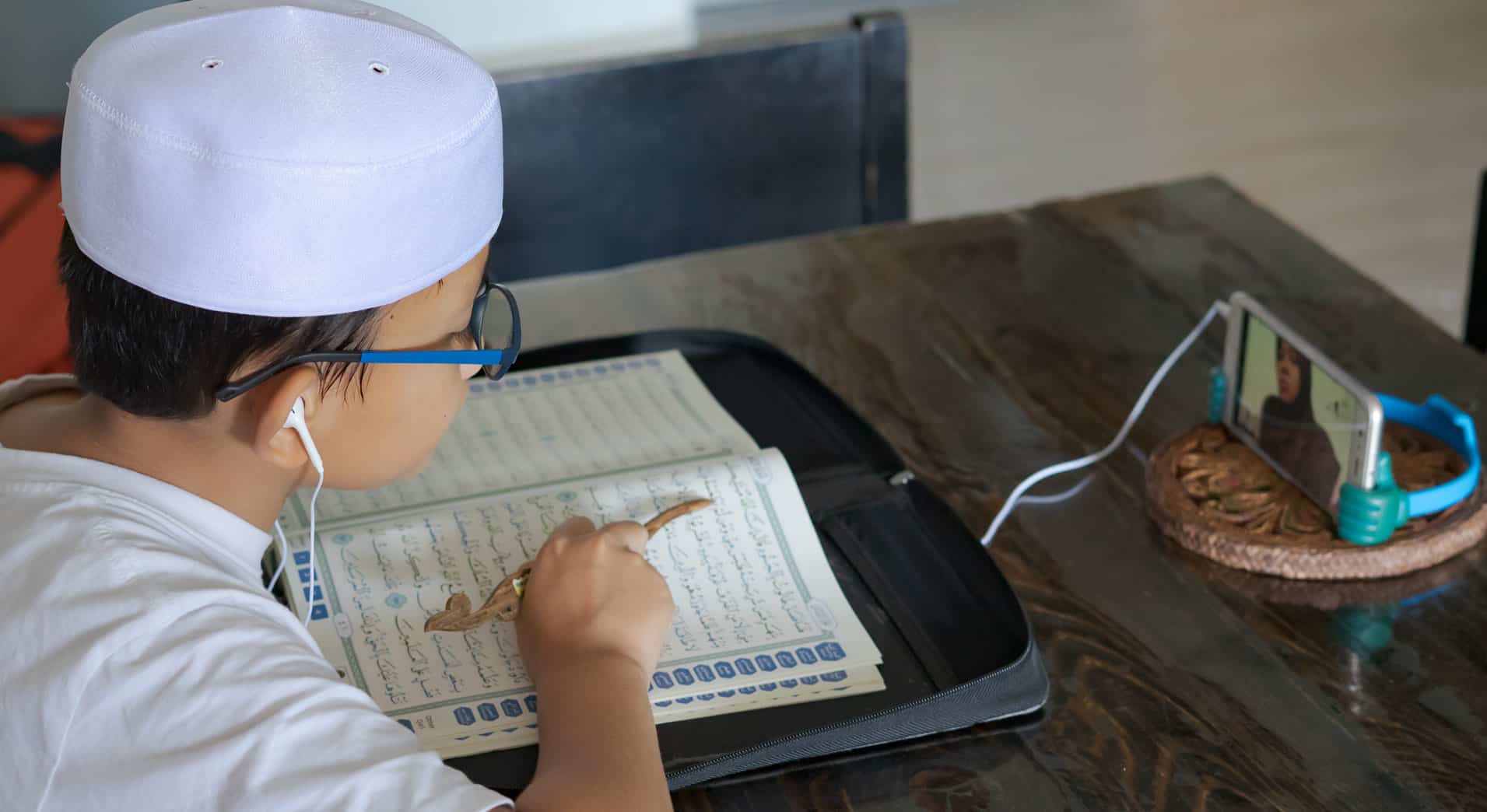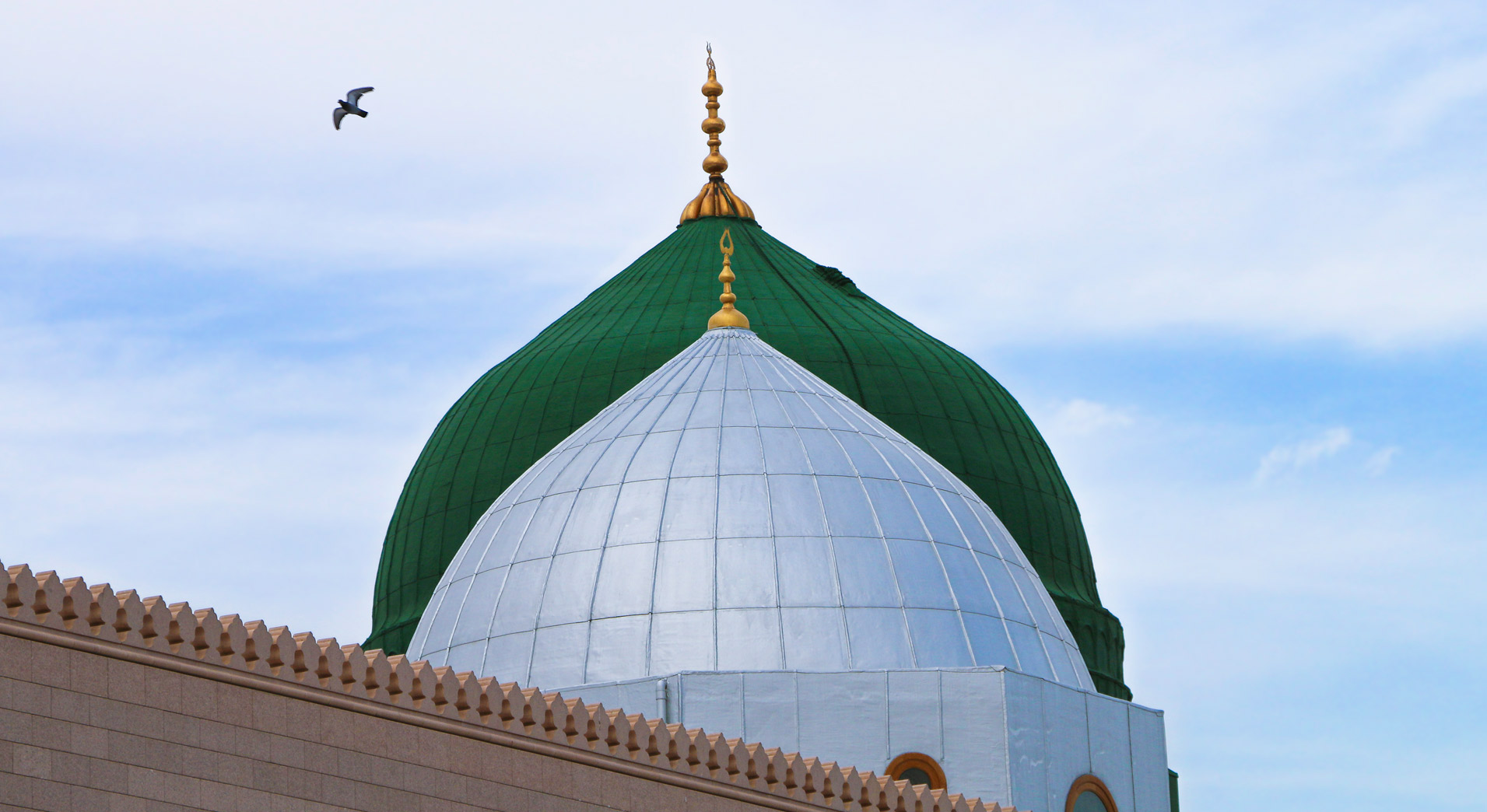The vast plain near Makkah, where millions of Muslims gather from different nationalities. It is the mountain that has only blessings and mercy around it. That special mountain is Mount Arafa, also known as Jabal al-Rahmah (the mountain of mercy).
During the month of Dhul-Hijjah, a huge number of muslims go to this place, stand there in the scorching heat of the Sun and cry their heart out for repentance from Allah (SWT). Why does this place hold a special place in Islam?
In this blog, you will learn about the significance of Arafah, especially during the Day of Arafah, and why it’s a cornerstone of the Islamic pilgrimage.
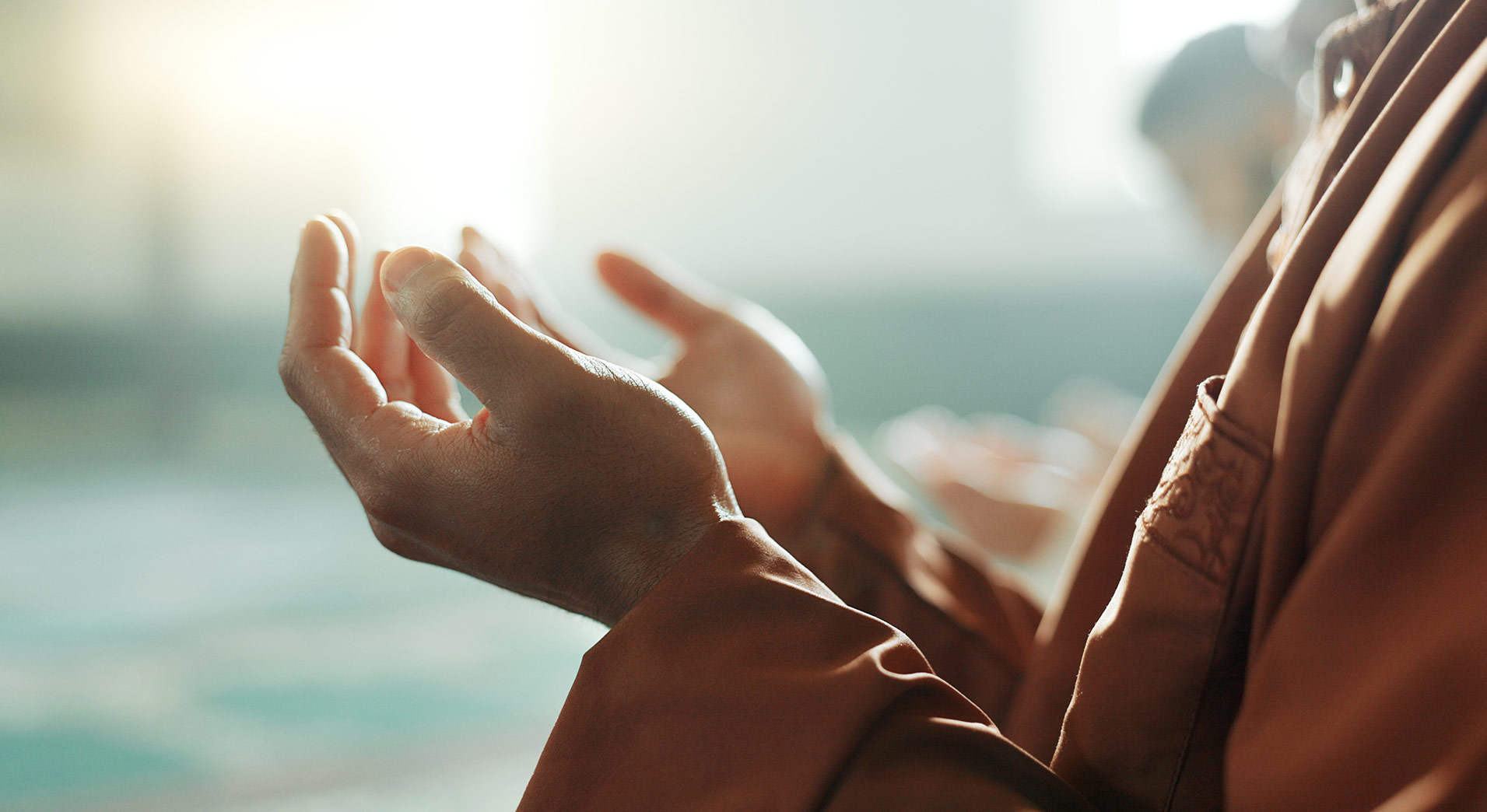
 0203-002-6366
0203-002-6366
 1-212-381-1055
1-212-381-1055 61-3-8820-5043
61-3-8820-5043  021-111-279-111
021-111-279-111